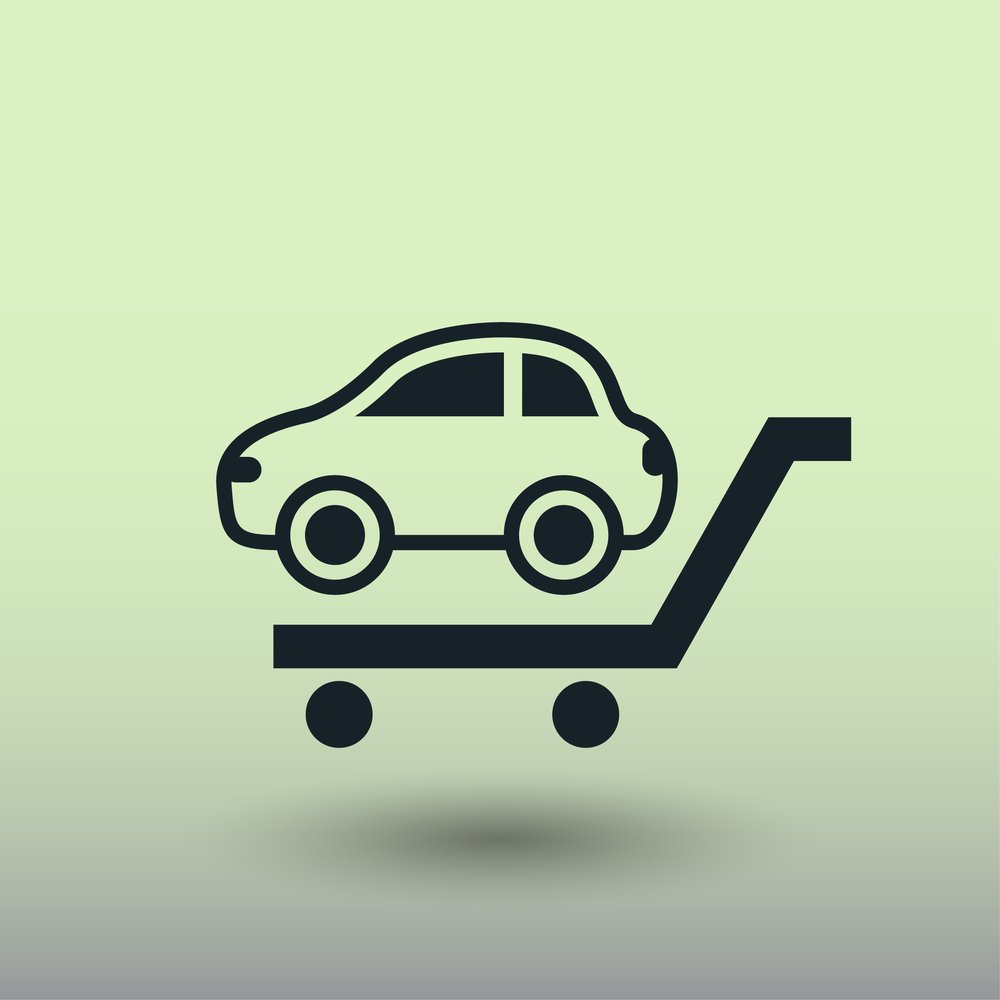Why there’s a growing need to be more digital
Share
Share

The automotive industry is undergoing a significant transformation as digital technologies reshape the way vehicles are bought and sold and dealers need to keep pace or lose relevancy.
The rise of online car buying platforms represents a fundamental shift in consumer behaviour and expectations, according to analytics firm GlobalData, a trend that was further accelerated by the COVID-19 pandemic. Lockdowns and disrupted global supply chains led to a sharp decline in physical car sales, prompting both dealers and manufacturers to adapt to remain competitive, according to GlobalData, a leading data and analytics company.
“The transition to online car buying has fundamentally altered consumer expectations,” observed Madhuchhanda Palit, automotive analyst at GlobalData. “Today’s buyers demand a seamless, digital-first experience akin to what they encounter in other retail sectors. This shift compels traditional dealerships to enhance their online presence and digital sales capabilities.”
As consumers grow accustomed to the convenience of browsing and purchasing vehicles from home, dealerships must innovate to meet new standards for transparency and accessibility. The challenge, GlobalData outlined, lies in balancing the trust and personal touch of in-person interactions with the efficiency of online transactions. Those who can successfully integrate these elements will likely thrive in this evolving market.
It noted that technological advancements are at the forefront of the digital transformation in the automotive industry. The emergence of virtual showrooms, augmented reality, and artificial intelligence is revolutionizing the car-buying experience.
Virtual showrooms allow consumers to explore vehicles in immersive 360-degree views, while AR applications enable potential buyers to visualize cars in their own environments. AI-driven tools enhance personalization, guiding consumers through the buying process with tailored recommendations.
GlobalData noted that these technologies not only improve the user experience but also streamline operations for dealerships, making the sales process more efficient. As these innovations continue to evolve, they will play a crucial role in shaping the future of automotive commerce.
“Looking ahead, the automotive market is poised for considerable growth driven by the ongoing digital transformation. The integration of advanced technologies is expected to redefine purchasing methods, with predictions of even more sophisticated AI applications and enhanced online experiences,” Palit noted.
She further explained that traditional hybrid models that blend online convenience with the benefits of in-person service are opportunities for dealers to adopt.
“As the industry embraces these changes, it is essential for stakeholders to remain agile and responsive to evolving consumer preferences,” Palit said.
This isn’t just a passing phase, she added. The digital transformation taking place is a major shift, shaping the future of the market.
“As the industry adapts to this digital revolution, both consumers and dealerships must navigate a new landscape that promises unprecedented convenience and efficiency,” Palit said. “The path forward will require a commitment to innovation, a focus on enhancing the customer experience, and an openness to new business models.”
This is an opportunity to be more efficient and connected allowing the industry to reman competitive as consumer expectations change, she added.
Image credit: Depositphotos.com
Leave a Reply